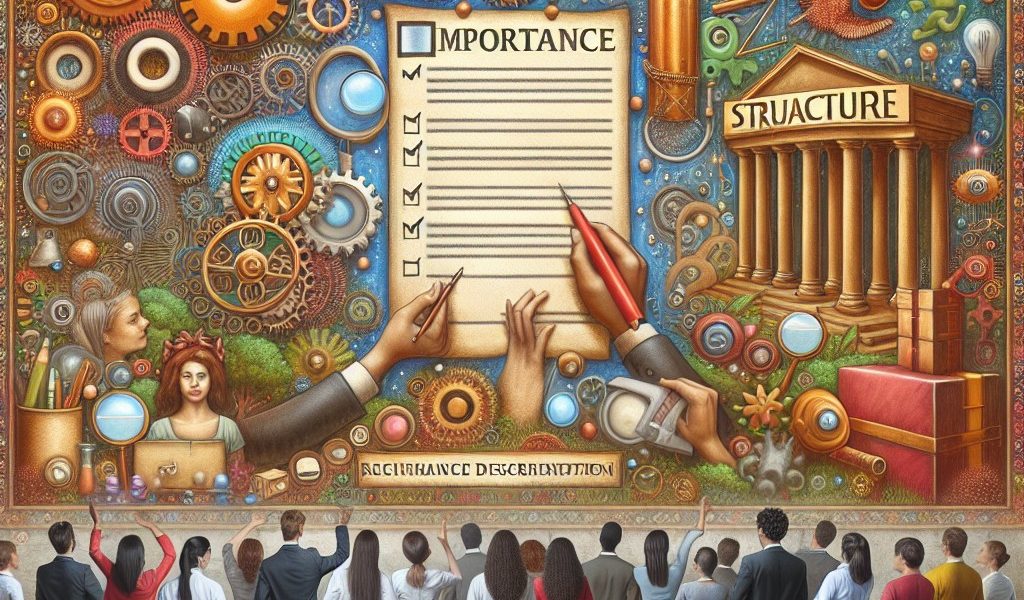Mastering Recruitment: The Essential Role and Crafting of Job Descriptions
The job description is an essential tool in human resources management, particularly during the recruitment process. It allows the company to precisely identify the skills required for a given position and thus facilitates the choice of the ideal candidate. In this article, we explain in detail the importance and structure of a job description, with advice on how to prepare one.
The importance of a job description
According to Françoise Kessler, HR expert and author of the book “Skills Management”, the job description is a key element in the recruitment process: “Writing a job description is essential because it allows the company to to be clear about your expectations of the future employee.” Indeed, a well-structured form offers several advantages:
- It clearly presents the missions and responsibilities linked to the position, which avoids any ambiguity or misunderstanding between the employer and the future employee.
- It facilitates the search for candidates matching the criteria required by the company.
- It constitutes a point of reference for evaluating the employee’s performance throughout his career in the organization.
However, it should also be noted that the job description is not a legally mandatory document. However, its drafting is strongly recommended to ensure good human resources management.
The structure of a job description
To be effective, a job description must include several key elements:
- The job title: It must be precise and evocative, allowing both the candidate and the company to clearly identify the role sought.
- Position in the organization chart: This information makes it possible to locate the hierarchical level of the position and the functional relationships with other departments or collaborators.
- Labor conditions : This involves providing information on schedules, place of work and possible travel related to the position.
- Missions and responsibilities: This part is essential because it describes in detail the tasks that will be entrusted to the future employee as well as their responsibilities. The missions must be presented in order of importance or grouped by areas (administrative, commercial, technical, etc.).
- Required Skills : They can concern both technical skills (mastery of specific software, etc.) and relational skills (ability to work in a team, etc.). The level required for each skill must also be specified: beginner, intermediate or expert.
Tips for preparing a job description
To write an effective job description, it is important to follow a few tips:
- Involve the different stakeholders involved in the position (superior people, colleagues, etc.) in the writing in order to obtain as much relevant information as possible.
- Write the sheet using clear and concise language, avoiding overly technical or jargonous terms.
- Regularly update the sheet to take into account changes to the position or the skills required.
Testimonial from an HR expert
According to Aurélien Boutaudou, recruitment consultant at Michael Page: “Writing a job description is often neglected even though it constitutes the key step in the recruitment process. Taking the time to clearly define the missions and skills sought will allow the company to be more effective in its search and thus find the ideal candidate.”
Download our free job description template
To help you create an optimal job description, we provide you with a free template to download. It contains all the essential elements to structure your document and facilitate your recruitment procedures.Click here to download our template.
Aurélie Tachot, with my past experience as editor-in-chief of ExclusiveRH.com and current contributor to Figaro Recruteur in the Advice section with a focus on digital and developments in the world of work.

